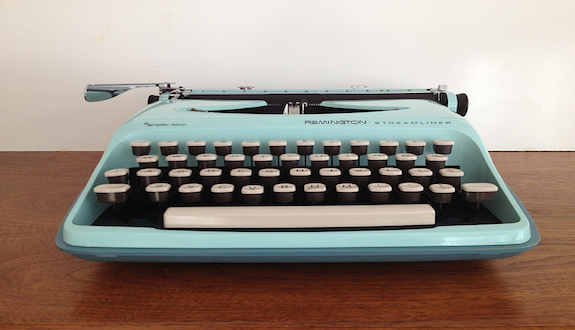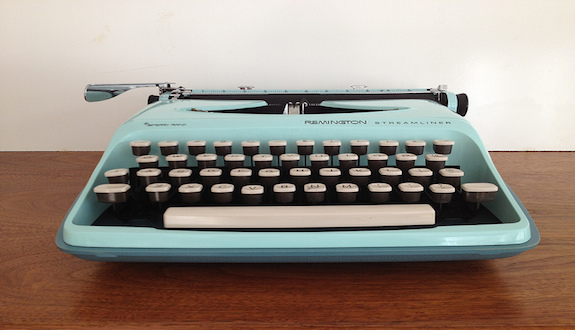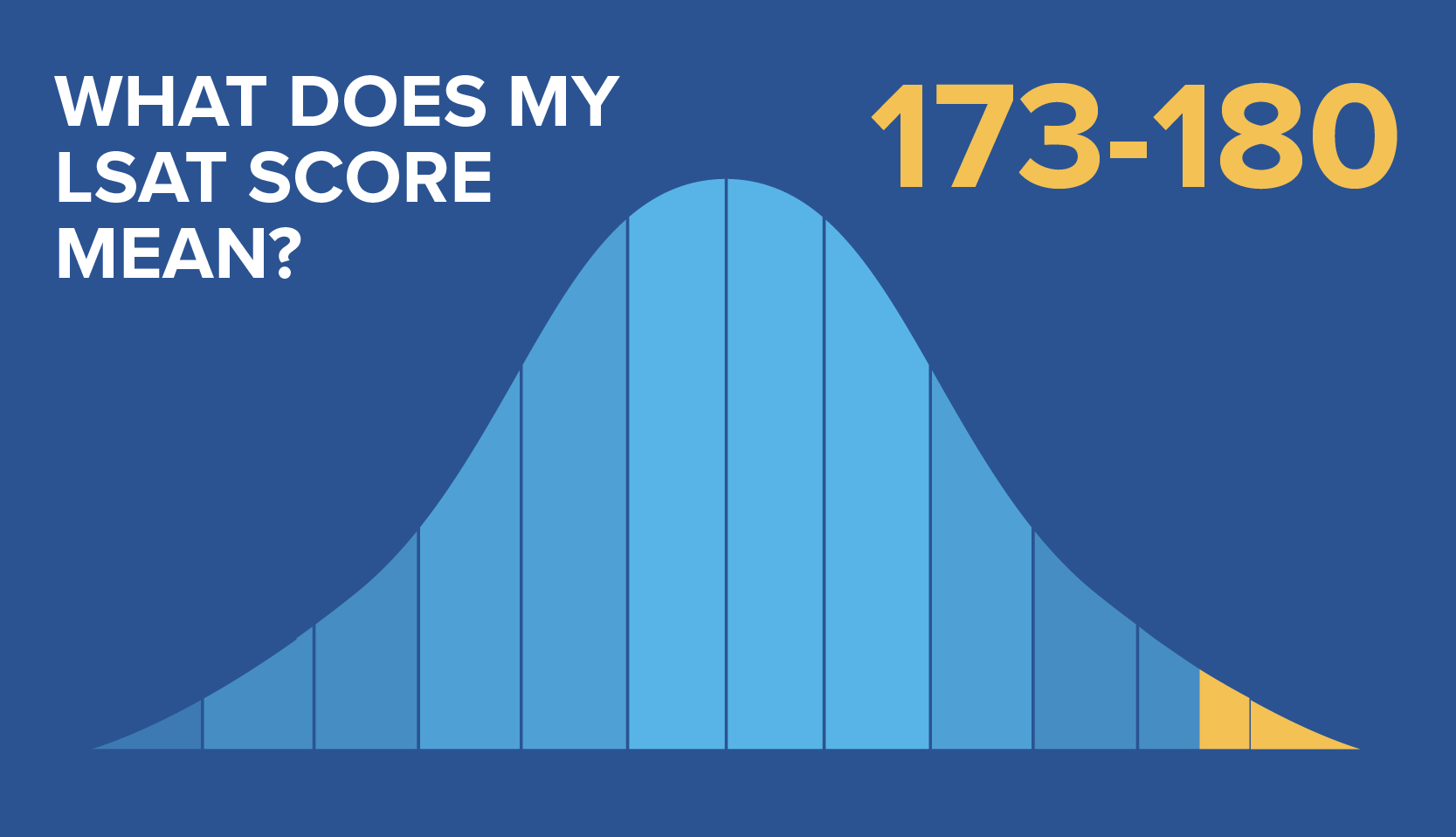
When LSAC sends an email out to everyone with an active LSAC account, you know there’s about to be some serious, capital-N News announced. And last Wednesday, that’s exactly what LSAC did. So when I got that email, I didn’t read passed the first four words of the subject line — which read, forebodingly, “Changes to the LSAT” — before frantically opening the email to see which changes LSAC wrought to the exam. Would they finally clarify how the Logic Games section might be changing? Would they add even more test administrations? Would they concede that, actually, the digital LSAT is more trouble than it’s worth, and go back to the traditional paper-and-pencil test?
Once I started reading the body of the email though, my excitement immediately deflated. I quickly saw the changes regarded the LSAT Writing section. That section is, in the opinion of this blogger, the most boring and pointless of the LSAT sections. Ergo, any changes to this section would be the most boring and pointless possible changes to the test. I looked back up at the subject line, which read, in its entirety, “Changes to the LSAT Score Report.” I realized that the changes would probably just be procedural — changes to how LSAC releases scores to law schools. And, as I read on, my suspicions were confirmed — this is just a kind of boring and procedural change to how an applicant’s writing sample gets distributed to law schools.
But before we get into what that Official Change to the LSAT Score Report is, we should review how the LSAT Writing section changed this year. Before June 2019, if you took the LSAT, you took the LSAT Writing section at the end of the exam. After completing five brutal multiple-choice sections, you’d have thirty-five more minutes to write a brief handwritten essay. If you purchased access to the Credential Assembly Service (CAS) (which you basically have to, if you want to apply to law school), a copy of that essay — your “writing sample” — and your score would would get automatically uploaded to your CAS cache of application materials (which also included your transcripts, your letters of recommendation, and a few other things).
For the June 2019 LSAT, however, LSAC decided it would remove the LSAT Writing section from the test day. Test takers would no longer have to endure that writing process after taking five grueling multiple-choice sections of the LSAT (which was great). Instead, you’d get to take the LSAT Writing section whenever you wanted, at home, within a year of taking the test (also great). Buuuut … many test takers complained that they experienced issues with the software required to do the new at-home version of the Writing section (which is not great), or that their submissions would keep getting rejected because they didn’t quite follow the draconian security measures LSAC implemented (also not great). And, what’s more, these issues would delay these test takers from applying to law school (decidedly less than great). LSAC apparently wouldn’t release applicants’ real LSAT scores to law schools until they had a writing sample on file. So applicants who had experienced technical issues or had their writing samples rejected couldn’t apply to law schools until they completed the Writing section again and had their writing sample approved — which could take one or two weeks. So the Writing section — the kind-of-dumb-and-pointless Writing section, of all things! — was delaying some people’s applications. Which, with a competitive and time-sensitive endeavor like applying to law school, is obviously the opposite of great.
So here is the Official Change to the LSAT Score Report: LSAC will no longer wait until an applicant completes the Writing section to send that applicant’s LSAT scores to law schools. LSAC will automatically upload the LSAT score to the applicant’s CAS cache, and that applicant can go ahead and apply to law schools, even if the applicant doesn’t yet have a writing sample on file. So this removes the hold up that some applicants may have experienced. That’s great.
But … this doesn’t change how you should approach the Writing section. You should still complete it and get a writing sample on file before you apply to law schools. As LSAC noted in its email, “Many law schools require a writing sample as an integral part of their admission decision.” So, for some law schools, the writing sample is an application requirement. Your application isn’t complete until there’s a writing sample on file. These law schools won’t review your application until it’s complete, even if they already have your LSAT score (and everything else). So, you’ll have to get that Writing section done before they take a look at your application and make an admissions decision.
It is interesting though, that LSAC only said that “[m]any law schools” require a writing sample. That leaves open the possibility that there are law schools that don’t require a writing sample at all, and may review your application before you have a writing sample on file. Especially if, as LSAC noted in the email, “a number of member schools … are interested in receiving applicant scores as soon as they are available.” So are there schools you can apply to without bothering to complete the Writing section?
To answer this question, we did a little digging into the application requirements of the top twenty law schools, according to U.S. News & World Report. The answer? Maybe?? It’s surprisingly tough to tell! Of those twenty law schools, only Yale explicitly mentions that it requires a writing sample and gives a deadline to submit the sample (that would be January 25, 2020 to apply in the 2019-20 cycle). Those Yalies are a persnickety folk, so you’ll definitely need to apply there with the writing sample, and make sure it’s ready to go by January 25 if you’re applying this year.
Stanford, Chicago, Michigan, Berkeley, UCLA, and Texas all explicitly mention on their websites that they require a writing sample, but none provide a deadline to submit the LSAT writing sample. We suppose it’s possible (though not probable, in our opinion) that these schools may now begin to review applications before the writing sample is submitted. Probably best not risk it if you’re applying to these schools; go ahead and complete the Writing section ASAP if you don’t already have one on file.
Harvard, Columbia, Virginia, Duke, Northwestern, Georgetown, Washington University at St. Louis, and Minnesota never explicitly mention on their websites that they require a writing sample. So we suppose it’s possible (though, again, not probable in our opinion) that you can now apply to these schools without even submitting an LSAT writing sample. And NYU, Penn, Cornell, USC, and Vanderbilt all mention LSAT writing on their websites, but each suggests that the writing sample is automatically included in the CAS cache after completing the LSAT, which is no longer the case. So who the heck knows with those schools. But for all these schools, it’s again probably not best to risk it; go ahead and complete the Writing section ASAP if you don’t already have one on file.
So while the new LSAC policy technically changes the exact process by which LSAT scores and the writing sample get submitted to law schools, it shouldn’t change your plans to complete the Writing section. If you haven’t already completed the Writing section on a test day or online, you should go ahead and get that done before you apply to law school, even with this new process. Even with the new policy, the section itself is the same as it ever was: a kind-of-dumb-but-ultimately-easy-to-complete thing that almost certainly won’t affect a law school’s admissions decision. You don’t want a kind-of-dumb-but-ultimately-easy-to-complete thing creating a problem your application, so get it done and let LSAC worry about when and how it gets sent to law schools.




